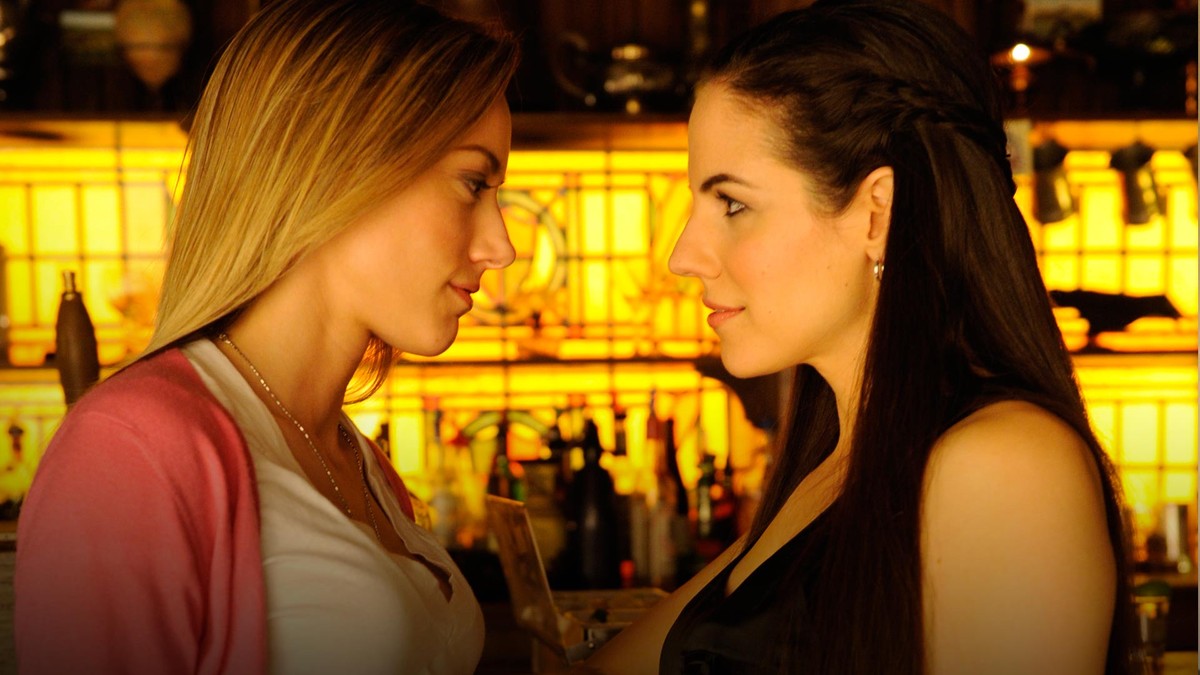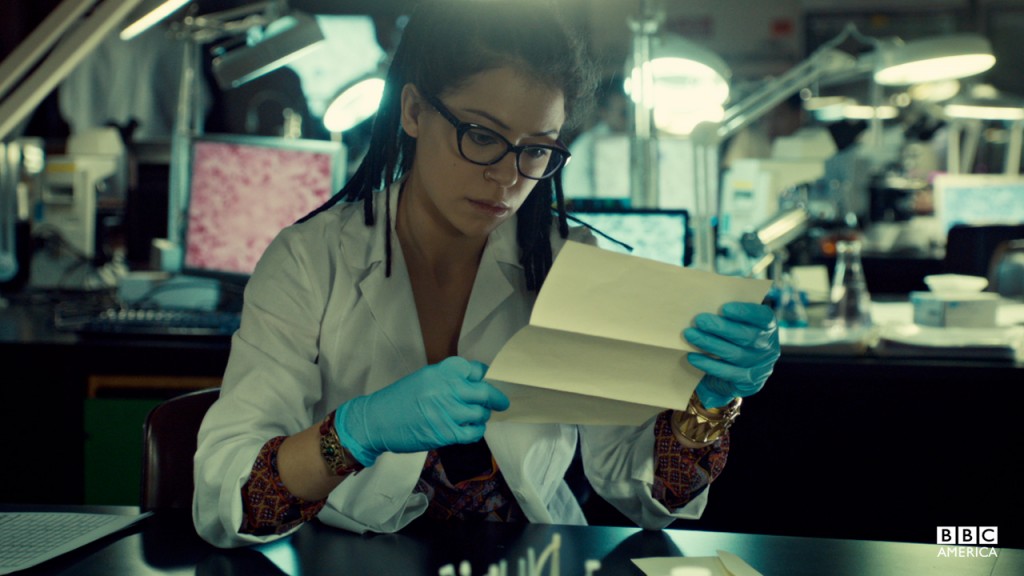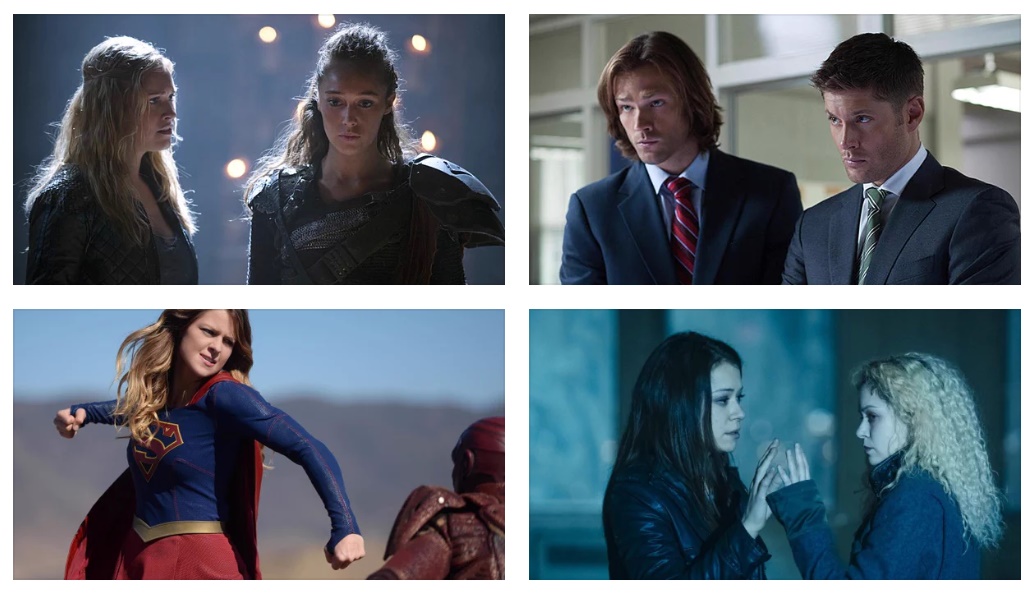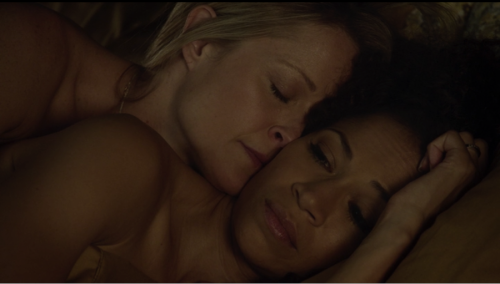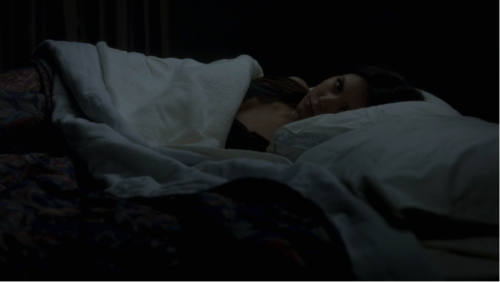‘Lost Girl’: Breaking the Mold For Bisexual Representation on TV
Series creator and season one’s co-showrunner, Michelle Lovretta structured the idea of a bisexual female superhero around being a succubus: “a mythological being who uses sex to feed, heal, and kill” — a traditionally vilified female role that used sex as a weapon. … Awareness of the unique challenges of bisexual representation allowed Bo to be a genuinely complex heroine, instead of just a problematic stereotype. She was carefully crafted to be sex positive, while being defined by her relationships, instead of her sexuality.
